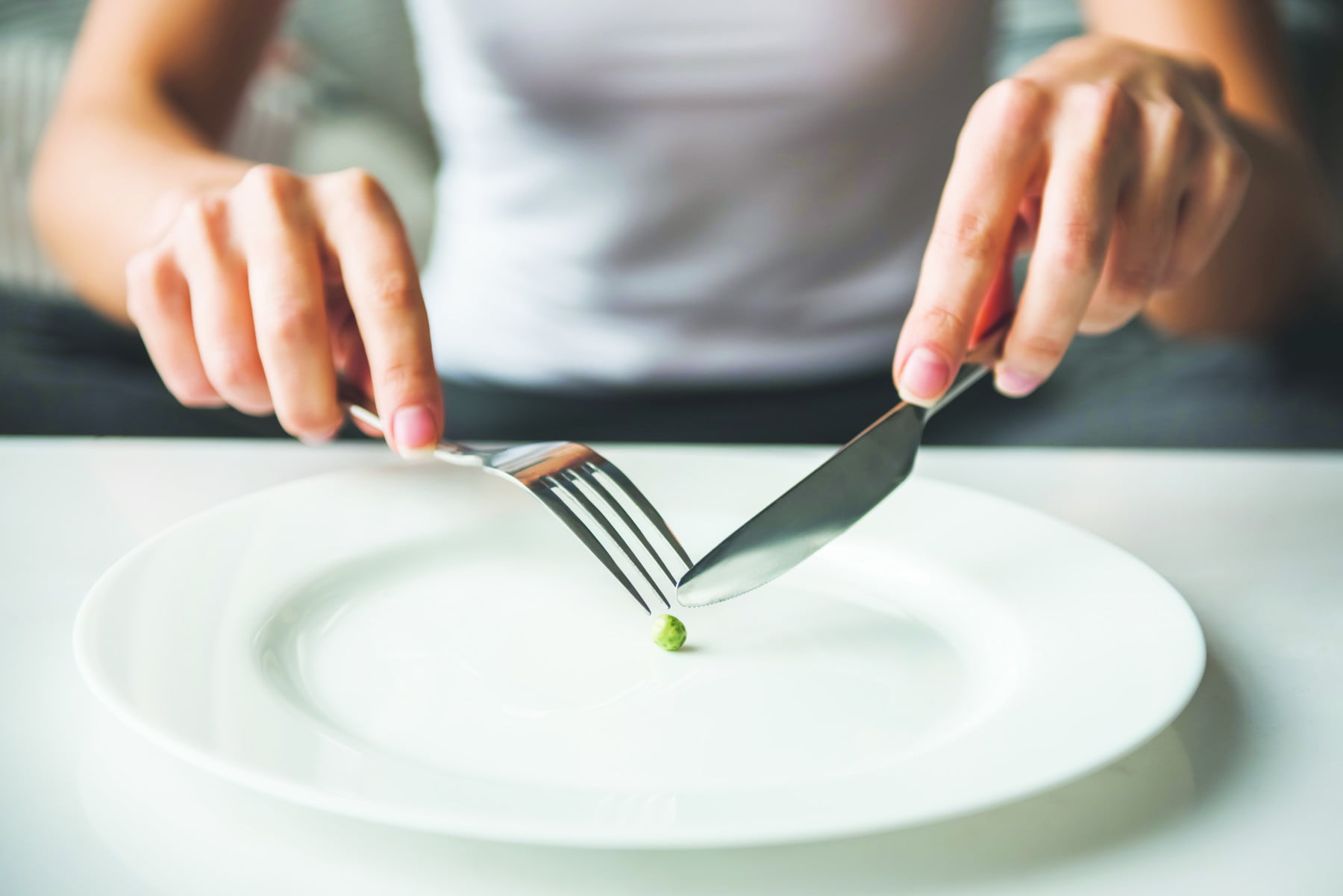
Depression
Dr Jane: While occasional bad moods or acting out is part and parcel of the teenage years, rebellious and unhealthy behaviours or attitudes in teens can indicate depression. Depression can cause low energy and concentration difficulties and can trigger and intensify feelings of ugliness, shame, failure, and unworthiness. It can have a bearing on school life as well, leading to poor attendance, a drop in grades and frustration with school work – all feeding into a vicious cycle of negativity.
Behaviours which may indicate depression:
- Not enjoying, or not wanting to be involved in things they would normally enjoy.
- Changes in appetite or sleeping patterns.
- Being easily irritated or angry for no reason.
- Their performance at school is not what it should be, or once was.
- Involving themselves in risky behaviour, like taking drugs or drinking too much alcohol.
- Difficulty concentrating.
- Seeming unusually stressed, worried, down or crying for no reason.
- Expressing negative, distressing, bizarre or unusual thoughts.
Dr. Natalie G: If you’re worried that something is wrong, seek an evaluation from a trusted clinician. You can also help by having a conversation with your teenager. The best places for these difficult conversations are in the car with limited eye contact, in the park while kicking a ball, or just before bed when their defensives are down. Listen more, talk less, and be your teenager’s biggest supporter. Try to re-engage your teenager in activities that boost their confidence and skills – i.e sports, drama, art or music. Help them find their spark. Discuss positive self-talk while modelling it yourself – resilient teenagers (and adults) talk compassionately and supportively to themselves.
How to help:
Encourage your teen to talk to a parent, teacher, GP, counsellor or psychologist – someone they trust and feel are on the ‘same page’ as them. Teach them the importance of accepting and sharing their feelings. Encourage them not to shut themselves off — it makes depression worse. Get the whole family to adopt healthy habits in exercise, sleep, eating and internet use. Encourage the whole family to adopt fun ways to manage stress and anxiety — even simple things like eating together or playing board games can have a very positive effect on stress levels.

Eating Disorders
Dr Jane: Eating disorders are complex psychological disorders that affect every aspect of a person’s functioning. Generally, it affects people in the following ways:
Behaviour – disordered thought processes around food, eating and exercise – often in extreme and destructive ways, i.e restricting food, overeating, purging and over-exercising.
Thoughts become distorted, irrational and extreme – very ‘all or nothing’ or ‘black and white’. These distorted thoughts and ideas in turn encourage, trigger and influence the disordered behaviours.
Emotionally – behaviour and thinking becomes distorted, which causes emotional distress and chaos. In addition to this, eating disorders often develop due to underlying emotional distress or turmoil of some kind.
Keep in mind:
An eating disorder is primarily not about food – it’s how emotional distress and turmoil manifests itself.
An eating disorder is a destructive coping mechanism, so stopping, letting it go, and trying to recover is frightening, difficult and will trigger resistance.
People can and do recover from eating disorders.
Dr. Natalie G: The most important consideration for parents is to role model exercise within a healthy limit, encourage their children to be active, and emphasise balanced eating, rather than labelling foods as “good or healthy” or “bad or unhealthy”. Describe foods as “anytime foods” or “sometimes foods”.
In this way, you are able to educate your child about processed and unprocessed foods.
Avoid discussing your own body image problems or obsessing about your weight in front of your child. Parents are encouraged to focus on their teen’s body in terms of what it can do (strong, healthy, etc) and her/his achievements, rather than their appearance. Early intervention for eating disorders is key for successful treatment. Recovery rates for ED’s that persist over a long period of time are alarmingly low. Seek help if you have any cause for concern. No-one should spend their life at odds with their body.
How to Help:
Recovery from an eating disorder often requires both medical and psychological help. It is recommended that people with eating disorders have access to advice from a consultant psychiatrist, a psychotherapist and a dietitian, as well as a GP, so that all of their needs can be addressed.
Self-Harm
Dr Jane: Self-harm is a symptom of underlying mental or emotional distress. Young people who self-harm mainly do so because they find it helps relieve distressing feelings and cope with problems in their lives. It’s rarely about trying to end their life but it is important to ask about suicidal thoughts in this situation.
Very often there are multiple triggers, or daily stressors, rather than one significant change or event. Factors can include:
- Feeling alone and isolated
- Academic pressures
- Suicide or self-harm by someone close to them
- Family problems, including parental separation or divorce
- Being bullied
- Low self-esteem
Dr. Natalie G: If your teen is engaging in self-harm behaviours, seek professional help to understand them. They may be relying on self-destructive ways to manage powerful feelings (deep sadness, self-hatred, anger, loneliness, and guilt) and need to learn helpful ways to cope with these feelings.
Self-harm behaviours can be very upsetting for parents – you may feel shocked, sad, confused or angry. Do try to stay calm and try not to jump to conclusions or find solutions. Try not to take it personally if your teen doesn’t want to talk to you about the situation. Be understanding – this is a difficult situation for them. Parents could suggest their teen write them a letter or email about their thoughts and feelings, if they don’t want to talk directly, or encourage them to talk to another trusted adult. In the meantime, continue to work on promoting healthy engagement in activities such as drama, music, sport, arts to build self-confidence. Please do not ignore early signs of these self-destructive behaviours.
How to help:
There is strong evidence that finding ways to distract from self-harm can be useful for many young people. Distraction techniques include using a red pen to mark rather than cutting, rubbing with ice, hitting a punch bag or flicking elastic bands on the wrist. More important than distraction techniques is seeking professional help to address underlying anxiety, depression, and other psychosocial issues. Developing strategies for management of stressful situations will in turn improve resilience and coping skills.

Toxic Relationships
Dr Jane: Adolescence is a time when children are working out who they are. This can lead to changing friendship groups and interpersonal challenges, including toxic relationships.
Signs of a toxic relationship are:
- The other person constantly puts you down and makes you feel bad about yourself
- You are arguing one day, and things are great the next
- They often make you feel guilty
- They are jealous of your other friends
- You feel like it’s your responsibility to fix things
- You change yourself to please them
- You worry about setting them off and feel like you have to watch what you say
- You feel anxious or unwell when you know you’re going to see them
- They text and call you constantly
- You have lost confidence in yourself
- They break your trust
Dr. Natalie G: There are three situations when parents need to worry about their teen’s social life: if your child doesn’t have a social group or ‘tribe’; if your child is a victim of bullying; if your child bullies others. In any of these situations, seek some additional help from a professional or your teen’s school.
How to help:
Encourage your child to surround themselves with people who make them feel good, and educate them about setting boundaries with the people in their life so that they understand what is appropriate behaviour. It’s important your teenager feels empowered to walk away from unhealthy relationships.

Staying safe online
Dr Jane: Adolescents are particularly vulnerable to exploitation on line. This can include exposure to inappropriate content, cyberbullying, and catfishing.
What to do:
Encourage your children to stay safe when setting up a social media profile:
- Use first names or nicknames when talking online, or when setting up a social profile.
- Be honest about your age.
- Keep your account private by choosing a password that others wouldn’t be able to guess and only share your password with your parents or guardians.
- Set your privacy settings to ‘private’ so only people you are friends with can see your photographs, information and posts. A trusted adult can help you with this.
- Delete and block unknown contacts. If somebody you don’t know adds you as a friend, you can delete and block their request.
- To stay safe, avoid sharing personal information with someone you don’t know offline.
Dr. Natalie G: The teenage brain is under construction and many young people are not able to predict the consequences of their behaviours. It’s imperative for parents to teach their children to be responsible, safe and smart internet users.
How to help:
Encourage teens to be open with you about their online activity and start conversations about safe internet use early. Be a good role model and establish rules around internet use, but exercise flexibility in your approach so that your child learns to be responsible for their own safety too.
Dr Jane Foley is an Irish trained GP based at IMC Camden. Dr Jane has extensive experience in Obstetrics and Paediatrics and has worked in schools in Australia. To make an appointment please call: 6733 4440 or visit imc-healthcare.com/services/imc-camden
Dr. Natalie Games is an Australian trained Clinical Psychologist based at Alliance Counselling. Dr Natalie has worked with children, adolescents and families in public and private settings and has also worked in schools in Australia, UK and Asia.
To make an appointment please call: 6466 8120 or visit
alliancecounselling.com.sg








